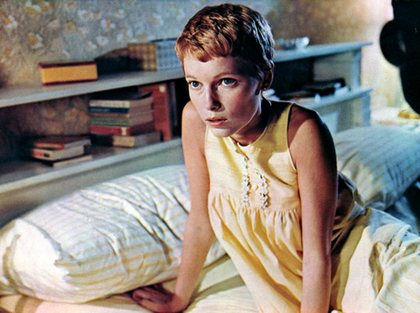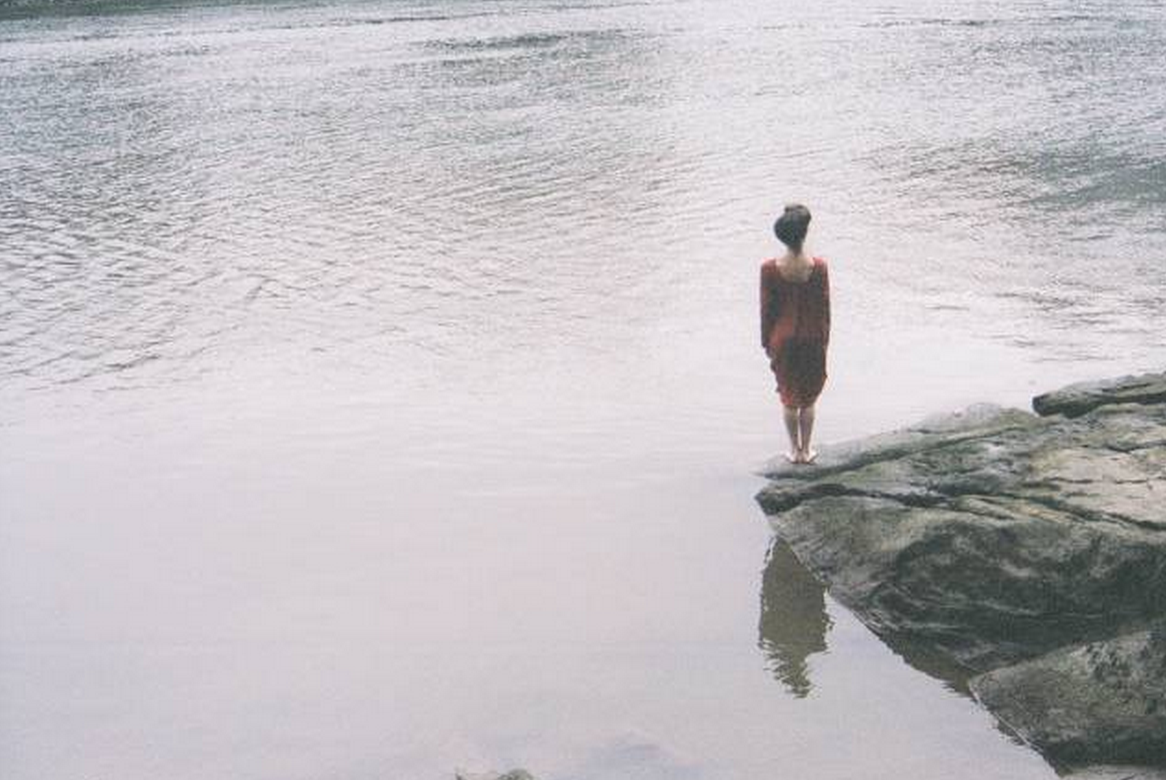BY MEGHANN PLUNKETT
This is in response to VIDA's March 6 Statement Against Silence.
The contents of the article released by VIDA illuminated dozens of accounts from women within the literary community who were abused, taken advantage of, bullied, or manipulated by an acclaimed male poet.
The article states that there may be triggers within its text, so I prepared myself before reading each account carefully. The very graphic and horrific actions described in each statement were indeed triggering, but nothing triggered me more than noticing who was reposting this article in solidarity.
About a year ago, I began to come forward with my own stories of abuse from an ex-boyfriend that I also collaborated with. I didn’t write an article, but I did confide in friends. There were several people, friends and literary community members (both men and women), who I told about the abuse and their response was to shrug it off, ignore it; I was told that it seemed "like a personal issue." No one wanted to get involved.
It was harrowing to read the experiences of these women within the VIDA article--I could have replaced my ex’s name with the name of the poet. It was uncanny.
But yesterday, I saw those same people who ignored my abuse share this article on Facebook and Twitter, they were passionate, damning our society for allowing something like this to happen.
Huh. This situation allowed them to feel comfortable standing in solidarity with a group of abused women, whereas my singular situation did not.
Without anger, I ask why?
Why do these people feel more comfortable taking a stand with a dozen anonymous women, but when faced with a one-on-one account, they shy away? Is it because as a single voice, one woman is not credible enough? Is this another instance that makes our distrust of women terribly apparent?
When I spoke about my own abuse to friends and peers, I was often met with skepticism. It was almost as if because I had allowed him in my pants, my judgment of his character was tainted. When I pointed to similar patterns of abuse he exhibited toward other women, I was treated as a "jealous ex-girlfriend." When I got angry, I was "crazy." When I recounted painful, graphic events I was backed away from. No one wanted to touch it. No one wanted to help.
I ask why because this is how we prevent one issue from becoming twenty. Abuse like this breeds. There is never just one victim.
It is easy for me to speculate that each of these women in the VIDA article were individually treated the same way I was. Discounted, questioned, diminished. Only after stripping away their names and putting them in a large group are they taken seriously.
Again, I say without anger, because at this point, I am just curious. How can I witness a sample of people support a group but not the individual. This is a pattern of action I have witnessed in many people, even myself. Why?
Yes, it might have been easier to stand in solidarity because the poet from the VIDA article, TSE, is famous and established. And it isn’t the first time we have seen a public male figure’s abuse brought to light. But why not also the low-profile figure? Why not also them?
Maybe one way of getting to the bottom of these preventative questions is by asking ourselves how we each have helped cycles of abuse by doing nothing, by doubting the victim and shying away.
When you see abuse and do nothing, you are helping. It might be illuminating to ask ourselves what would happen if we stand in solidarity with the individual while also standing in solidarity with the group.
I have read and reread the VIDA article. I can’t stop feeling empathy. I can’t stop reliving my own trauma. I can’t stop asking these questions. And at my stage in recovery, it is important for me to begin to piece apart the way we as a society handle issues like these. I need to understand the mindset, our holdups, our hesitations, our fears.
For me, this is an invitation to analyze our reactions to female trauma, from single aggression to systemic oppression.
I want to thank the women who spoke out with all my trembling heart. I want to thank VIDA for giving them a platform. I want to walk taller today, because this is progress. We are about to do better, do more. I can feel it.














































